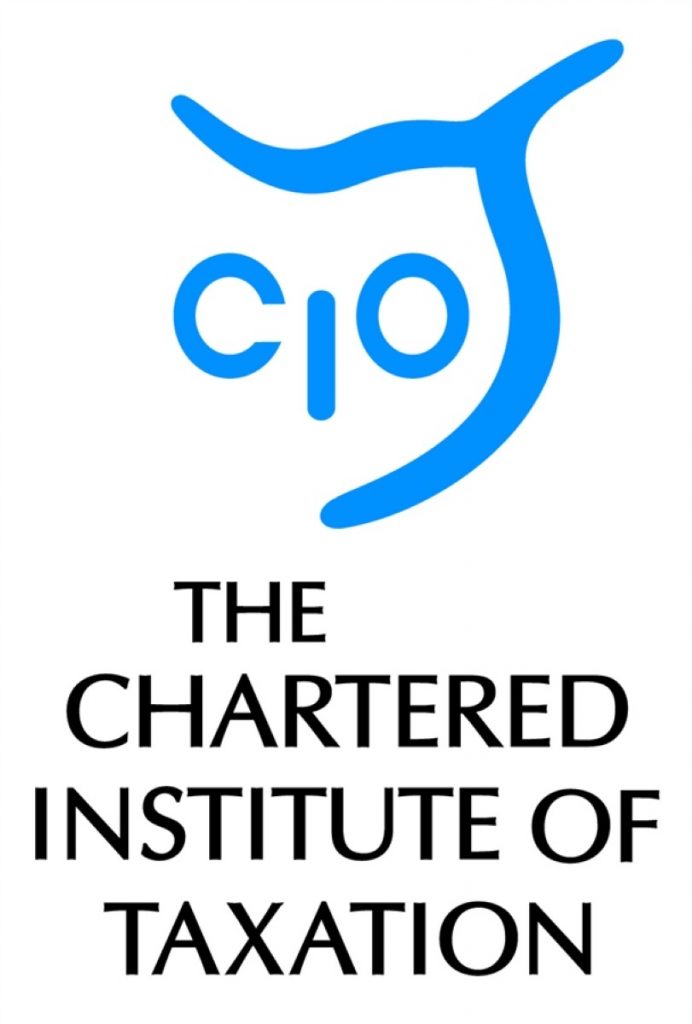New offence risks criminalising careless mistakes, warns tax body
The Chartered Institute of Taxation (CIOT) has criticised the Government’s plan to proceed with a criminal offence of failing to declare offshore taxable income or gains that threatens people with a prison sentence of up to six months – even if there is no intent to cheat the system.
While the CIOT strongly supports HMRC’s efforts to tackle tax evasion and agrees that the Government should be putting resources into combatting and investigating it, it is opposed in principle to the creation of a new strict liability offence for offshore tax evasion which will require no proof that the taxpayer deliberately intended to evade tax. The CIOT set out its objections in a recent submission to HMRC1.
John Cullinane, CIOT Tax Policy Director, said:
“Our objections expressed earlier this year remain. We do not support this proposal because it cannot be right that an individual who simply makes a mistake in their tax affairs, without any intention to act wrongly, should be charged with, and possibly convicted of a criminal offence; think of an elderly person who does not realise that funds are taxable in the UK because they have already been taxed in an overseas jurisdiction; or someone who inherits an offshore account without any direct knowledge of it. Taxpayers in these situations should absolutely not face criminal charges.
“We do not think that it is reasonable for someone to be convicted, let alone imprisoned, for offshore tax evasion without guilt being proved beyond reasonable doubt. In addition, we question whether a new offence is necessary at all since HMRC already has wide criminal investigatory powers at their disposal. In view of the concerns raised during the first consultation process by us and many other respondents, it is right that HMRC has focussed on ensuring that the offence is targeted at only the most serious evaders.”
In the CIOT’s view, however, the proposed statutory minimum threshold of tax evaded of £5,000 is not high enough for complex cases – a threshold of £25,000 would be a more appropriate level. The CIOT also suggests that there should be a comprehensive post-implementation review of the measures and a ‘sunset clause’ in the legislation so that HMRC would have to revert to Parliament to extend it.
John Cullinane added: “We are pleased to note that there will be a statutory defence of reasonable care in the legislation. This will be vital in limiting the scope of the offence. But it would be a stronger safeguard for the taxpayer if the burden of proof was on HMRC to prove that reasonable care had not been taken, rather than being on the taxpayer to prove they took reasonable care.
“We are also concerned that this proposal could be counterproductive for HMRC because the fear of prosecution, with no need to prove intention on HMRC’s part, could discourage taxpayers from coming forward voluntarily.”
Notes to editors
1. The CIOT’s recent submission to HMRC on the Tackling offshore tax evasion: a new criminal offence for offshore evaders consultation, can be viewed here.
2. The CIOT’s earlier response can be viewed here. In it, the CIOT set out its concerns:
- HMRC already has wide criminal investigatory powers
- Taxpayers may fall within its ambit without any knowledge or intention on their part
- Introduction of the offence is delayed until 2017 to give people time to put their affairs in order
- Cases involving tax evasion may well involve complex technical issues and legal arguments which may not be appropriate to be heard in a magistrates’ court
- The imposition of a criminal offence playing to only offshore income and gains restricts the EU’s free movement of capital and also possibly the freedom of establishment
- The Government and HMRC are intent on introducing the offence then the safeguards will need to be extremely robust
3. The Chartered Institute of Taxation (CIOT)
The CIOT is the leading professional body in the United Kingdom concerned solely with taxation. The CIOT is an educational charity, promoting education and study of the administration and practice of taxation. One of our key aims is to work for a better, more efficient, tax system for all affected by it – taxpayers, their advisers and the authorities. The CIOT’s work covers all aspects of taxation, including direct and indirect taxes and duties. Through our Low Incomes Tax Reform Group (LITRG), the CIOT has a particular focus on improving the tax system, including tax credits and benefits, for the unrepresented taxpayer.
The CIOT draws on our members’ experience in private practice, commerce and industry, government and academia to improve tax administration and propose and explain how tax policy objectives can most effectively be achieved. We also link to, and draw on, similar leading professional tax bodies in other countries. The CIOT’s comments and recommendations on tax issues are made in line with our charitable objectives: we are politically neutral in our work.
The CIOT’s 17,500 members have the practising title of ‘Chartered Tax Adviser’ and the designatory letters ‘CTA’, to represent the leading tax qualification.





-01.png)